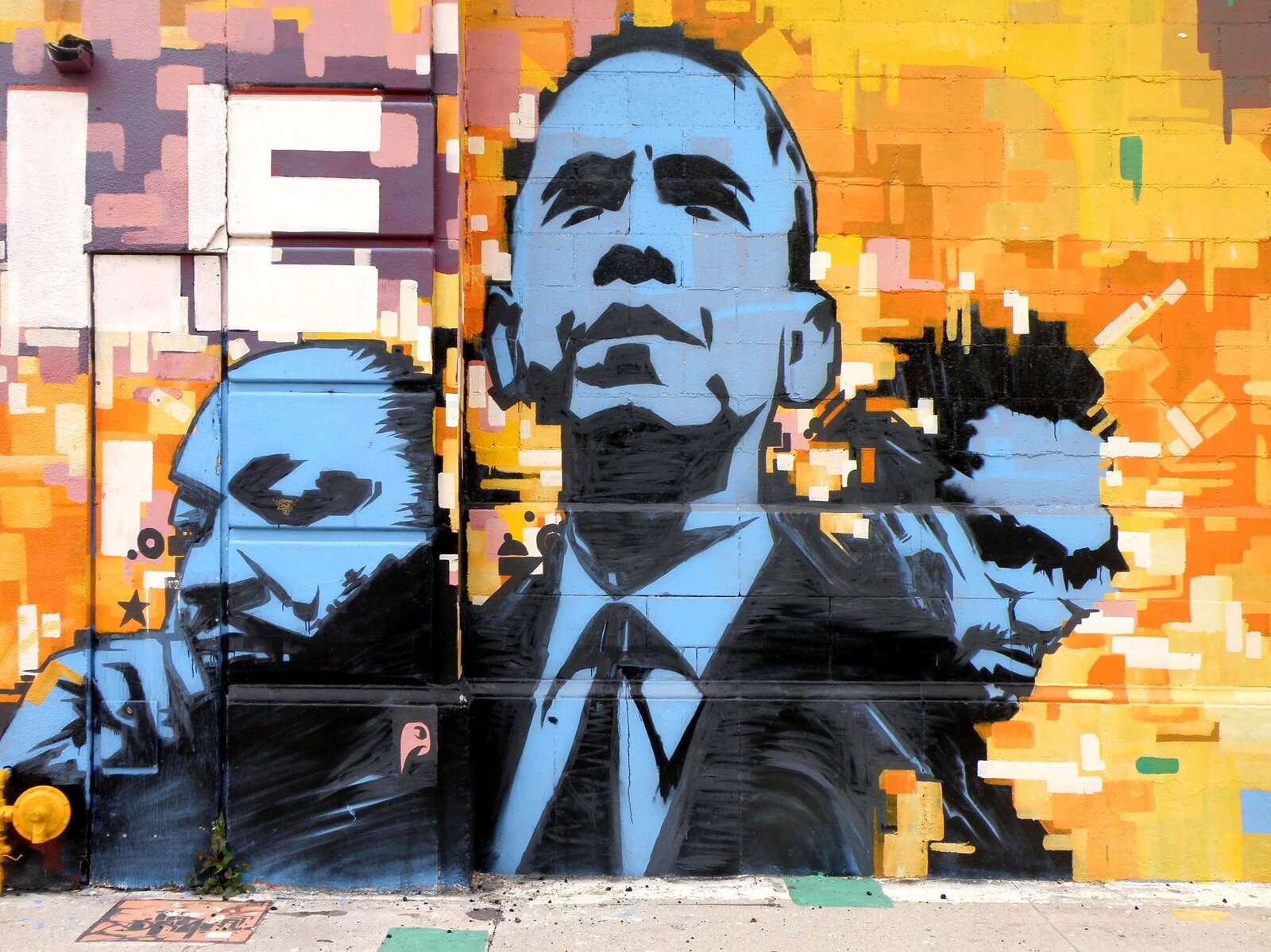Black, Jewish And Avoiding The Synagogue On Yom KippurPosted in Arts, Autobiography, Judaism, Media Archive, Religion, United States on 2016-10-19 17:42Z by Steven |
Black, Jewish And Avoiding The Synagogue On Yom Kippur
Code Switch: Race And Identity, Remixed
National Public Radio
2016-10-12
Last time I worshipped in a synagogue was Sept. 5, 2014. And I won’t be going today.
That might surprise my friends, who put up with my bragging ad nauseam about how Jewish I am.
You got a great deal on plane tickets? Reminds me of the time I took a free Birthright trip to Israel. Going skating? I haven’t been on skates since my bat mitzvah reception, held at the roller skating rink in Villanova, Pa. You say you love the musicals of George Gershwin? Ha, that sounds just like Gershenfeld, my mother’s maiden name, which is also my middle name, which means “barley field” in Yiddish, the language my ancestors spoke in Eastern Europe.
Some of this is just me being obnoxious. But it’s also a way to claim a part of my identity that’s hidden from most people. I’m a black woman. No one ever assumes I’m Jewish. When I talk about Judaism, people look at me in a way that makes me feel like I’m breaking into my own house. Especially the people inside the house.
Read the entire article here.


